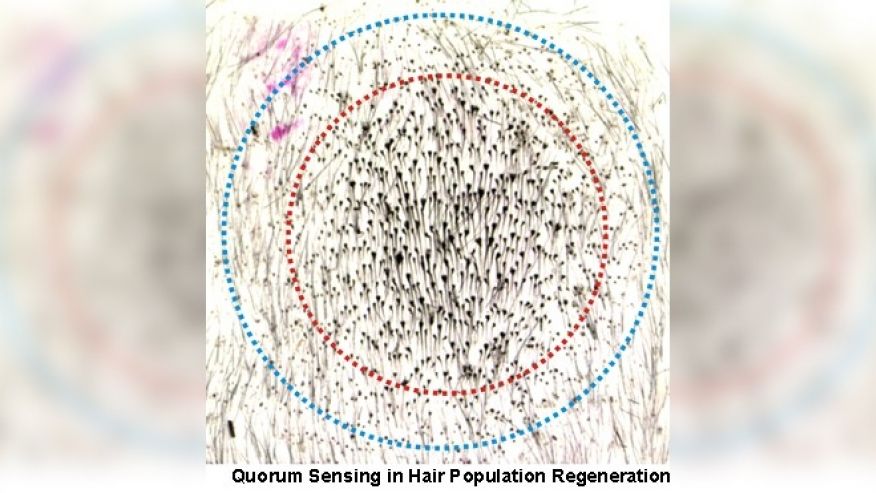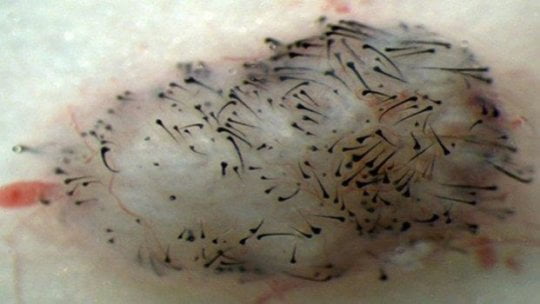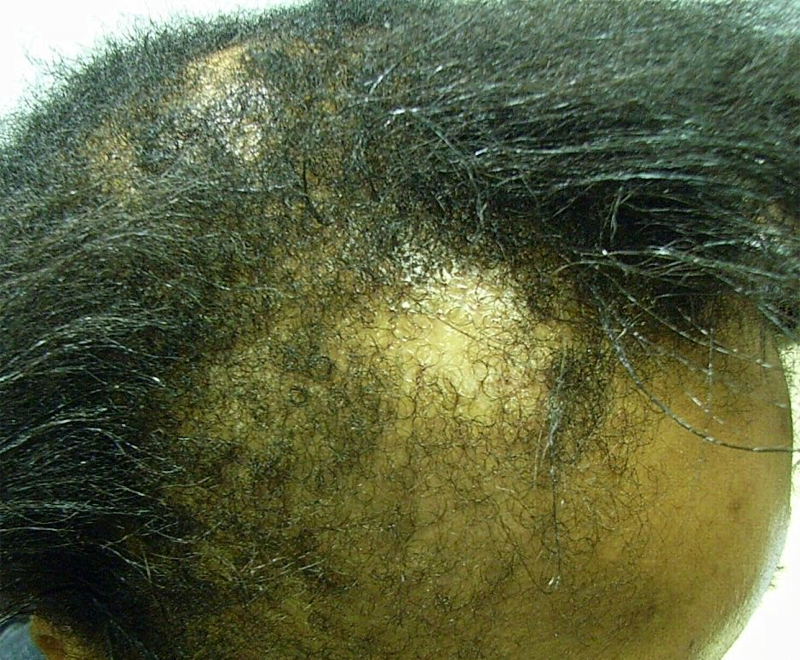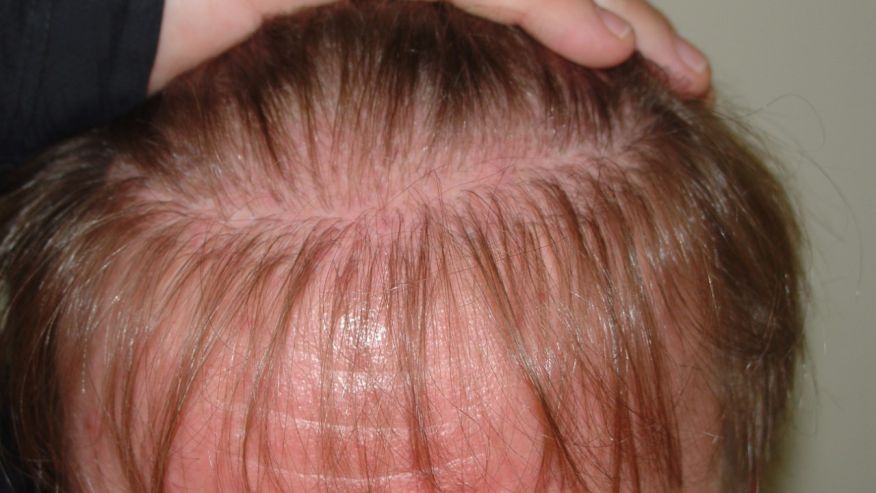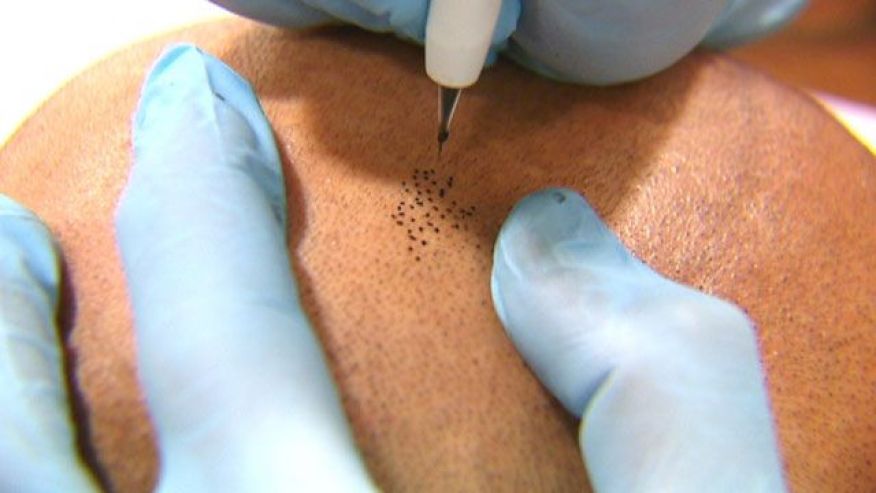
“People who consume sugary drinks are more likely to develop dangerous fat that becomes wrapped around internal organs,” the Daily Mail reports after a US study found a link between the consumption of sugary drinks and increased visceral fat levels.
Visceral fat is fat that develops inside the abdominal cavity. Having high levels of visceral fat has been linked to an increased risk of developing type 2 diabetes and heart disease.
This study followed around 1,000 middle-aged adults over a period of six years after assessing how often they consumed sugar-sweetened drinks and diet fizzy drinks. Researchers used CT scans to measure the amount of visceral fat each person had.
People who drank one sugar-sweetened drink a day or more had the highest increase in this type of fat, at 852cm3, compared with 658cm3in people who did not drink them.
But visceral fat accumulated in all the participants. It may be the case that, for many people, an increase in visceral fat is a consequence of ageing.
The results are not conclusive, as the media has reported – the number and type of drinks was only assessed at the beginning of the study and may have changed over time. There may also have been other unmeasured factors that could account for the results.
Overall, the results of this study support current UK guidelines to limit the amount of sugar we consume to no more than 30g a day for adults (roughly seven sugar cubes). Sugary drinks have no health benefits.
Where did the story come from?
The study was carried out in the US by researchers from the National Heart, Lung and Blood Institute’s Framingham Heart Study and Population Sciences Branch, Tufts University and Harvard Medical School.
It was funded by the US National Institutes of Health and the Boston University School of Medicine.
The study was published in the peer-reviewed medical journal Circulation on an open access basis, so it is free to read online.
The Daily Mail reported the story accurately and responsibly in general, but did not comment on the study’s limitations.
The fact drinking diet fizzy drinks or avoiding fizzy drinks altogether did not appear to reduce the risk of increased visceral fat accumulation was also not made clear.
While The Daily Telegraph’s reporting is generally accurate, it implies a direct cause and effect relationship has been established between sugary drinks and increased visceral fat. This is not the case.
What kind of research was this?
This was a cohort study conducted on middle-aged adults in the US. Previous cross-sectional studies found people who consumed more sugar-sweetened beverages had increased visceral fat, both around their organs and under the skin.
This study aimed to see if this observation was also true over time, independently of any change in body weight.
This type of study design is the best possible type when randomised controlled trials are impractical or unethical – but it is limited, as it cannot show causation.
What did the research involve?
The researchers looked at data on 1,003 adults who were taking part in the much larger ongoing Framingham Heart Study.
These adults were men aged 35 or more and women aged 40 or more who weighed less than 160kg (the CT scan limit) and had no history of heart attack, stroke, cancer or weight loss surgery.
An initial physical examination, blood tests, CT scan and food frequency questionnaire was carried out from 2002-05. The CT scan and body mass index (BMI) was repeated six years later, from 2008-11.
On the food frequency questionnaire, sugar-sweetened drinks included:
- caffeinated colas with sugar
- caffeine-free colas with sugar
- other fizzy drinks with sugar
- fruit punches, lemonade or other non-fizzy fruit drinks
The researchers performed statistical analyses to see if increased consumption of sugar-sweetened drinks or diet fizzy drinks was associated with increased abdominal fat either around organs or under the skin, according to the CT scan measurements.
They balanced their results to take into account the followingconfounders:
- sex
- age
- physical activity
- smoking status
- alcohol intake
- intake of other foods, such as wholegrains and vegetables
What were the basic results?
Fat around abdominal organs increased the most in people who consumed sugar-sweetened drinks on a daily basis over the six-year study.
The volume of fat increased in each group by:
- 658cm3 in non-consumers
- 649cm3 in occasional consumers (from one serving a month to one serving a week)
- 707cm3 in frequent consumers (from one serving a week to one serving a day)
- 852cm3 in daily consumers (one or more servings a day)
The volume of fat under the skin increased by a similar amount in each group: 586cm3 in non-consumers and 568cm3 in daily consumers.
There was no association between the amount of diet fizzy drinks consumed and changes in fat around abdominal organs, though this increased by similar amounts: 709cm3 in non-consumers and 748cm3in daily consumers.
There was no significant association between the amount of sugar-sweetened drinks or diet fizzy drinks consumed and changes in body weight, with the average weight increasing in all groups by 1.6-2.8kg.
How did the researchers interpret the results?
The researchers said that, “These findings suggest that habitual SSB [sugar-sweetened beverage] intake was associated with a long-term adverse change in visceral adiposity [fat around abdominal organs] … independent of weight gain.”
They say that, “Limiting SSB consumption as much as possible may be an effective strategy to reduce the burden of cardiometabolic disease.”
Conclusion
This US cohort study found drinking sugar-sweetened beverages on a daily basis is associated with the highest increase in fat accumulation around the abdominal organs, compared with people who do not consume them.
But there was an average increase in the amount of this fat in all people who took part in the study, although this was lowest in people who never consumed sugar-sweetened beverages.
The study was prospective, which limits some sources of bias, but it has some limitations. For example, the food frequency questionnaire was only conducted once, at baseline.
The results are therefore reliant on the participants accurately recalling the amount of each type of drink consumed, and this may have changed over the course of the study.
In addition, 85% of the participants reported they consumed a mixture of sugar-sweetened drinks and diet fizzy drinks. As this was a cohort study, there may have been other unmeasured factors that could account for the results.
Overall, the results of this study support current UK guidelines to limit the amount of sugar we consume. Drinking water instead of sugar-sweetened drinks is a cheap and easy way to cut down your sugar intake, and should be encouraged – especially in children.
[Source:- NHS]



